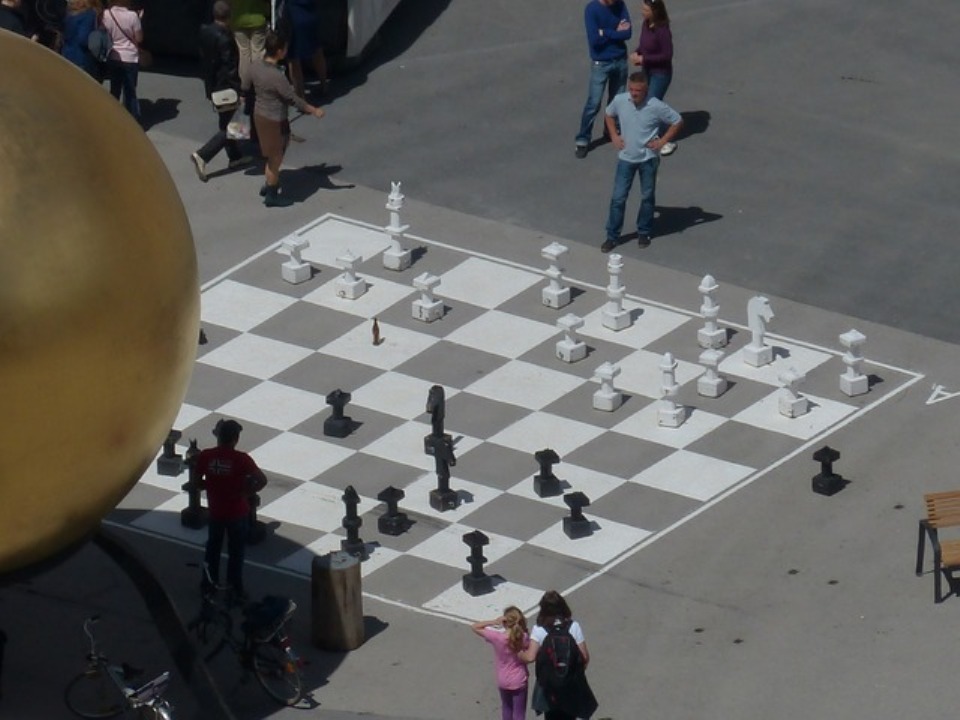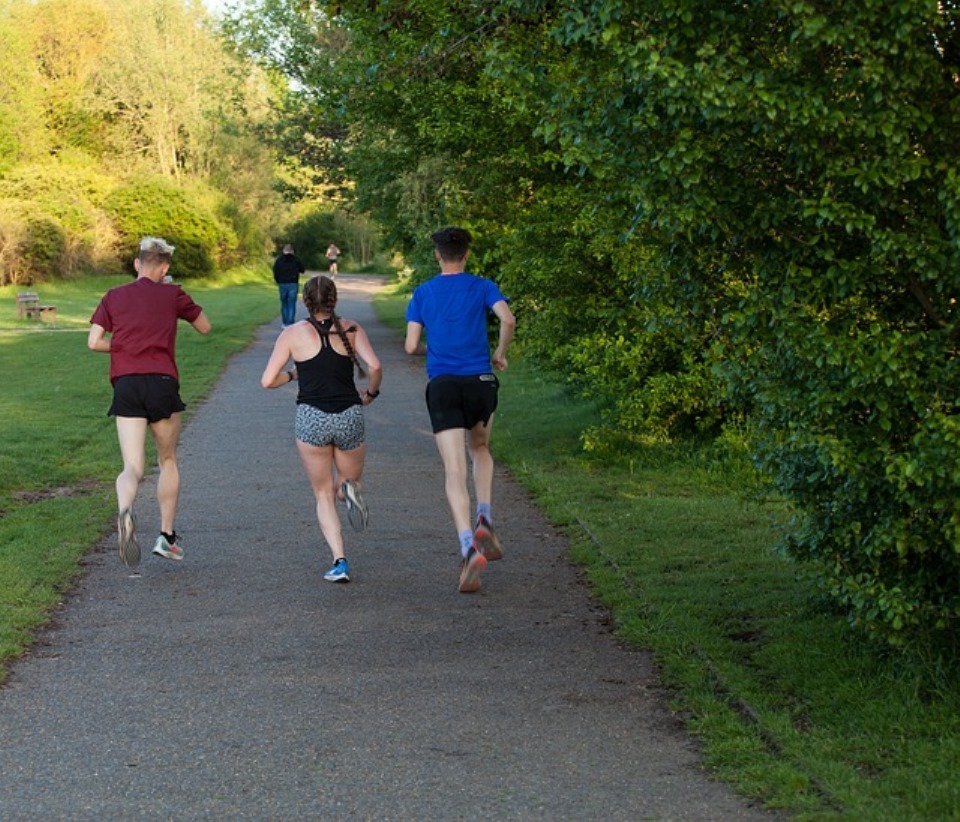
What are you doing tomorrow? I am learning Spanish with P2T tomorrow – ¿Qué vas a hacer mañana? Mañana, (yo) voy a aprender español con P2T tomorrow
“Going to future” expresses an action in the near future that has already been planned or prepared and a conclusion regarding the immediate future. – Usamos el “Futuro Ir a..” para expresar acciones que estamos casi seguros que van a suceder. Principalmente, lo utilizamos para hablar de nuestros planes, decisiones firmes y predicciones basadas en la evidencia.

A VIDEO WILL COME SOON: If the videos are too quick for you, use the playback speed and captions buttons for slow motion and subtitles. It is advisable that you listen to Spanish people talking. If you are a complete beginner, join our Spanish Lessons and contact Susana for more information +34 661 74 36 45.
1. Conjugación – Conjugation, how do we form it?
We use the verb to go + A + infinitive. – Se forma con el verbo “IR”+A + infinitive (hablar / comer / vivir)

2. Usos – when do we use it?
“Be going to Future” is commonly used in informal styles to talk about future plans and intentions. Usually, the decision about future plans has already been made. It is also used to predict something that we think is certain to happen or which we have evidence for now and when we give commands or state that something is obligatory – Normalmente, utilizamos el “Futuro ir a” en situaciones informales para hablar de nuestros planes e intenciones. Tenemos que tener en cuenta que la decisión sobre el future ya ha sido tomada, aunque quizás todavía no hayamos organizado nada aún. También lo utilizamos para hacer predicciones basadas en lo que estamos viendo u oyendo y para dar órdenes a alguien.
2.1. Future plans and arragements for a certain future – Planes futuros, en los que la decisión sobre algo ya ha sido tomada.
Voy a ir de pesca el próximo domingo. Espero que no sea muy aburrido.
I am going fishing with some friends early next Sunday. I hope it won’t be too boring.
2.2. Intentions, resolutions, firm decisions (near future) – Intenciones, decisiones en firme.
He comprado lo que necesitaba. Voy a arreglar el grifo en cinco minutos.
I have bought what I needed. I am going to fix the tap in a minute.
2.3. Predictions based on evidence – Predicciones basadas en la evidencia
Mira a ese gato! Se va a caer del árbol. (Caerse)
Look at that cat! It’s going to fall off the tree.
Dentro de 100 años, los casquetes polares se van a derretir a menos que paremos el calentamiento global. (Derretirse)
In a hundred years, the ice caps are going to melt unless we stop global warming.
Note: There are reports that prove it – Nota: Hay informes que lo demuestran.
2.4. Commands – órdenes
Padres hablando a un niño: Vas a recoger esos jugetes ahora mismo. ¡Esta habitación es un caos/lío/desastre!
Parents to a child: You’re going to pick up all of those toys right now. This room is a mess!
Nota: Cuando usamos el “futuro Ir a” enfatizamos nuestra intención (Voy a ir por la autovía – I am going to take the motorway) mientras que cuando usamos el Futuro Simple resaltamos un hecho (La autovía estará menos transitada a esta hora – The motorway will be quicker at this time of day).
3. DIFERENCIAS CON EL INGLÉS – DIFFERENCES WITH ENGLISH
There are no differences however, we would like to mention that…
In Spanish we use the “Simple Present” for plans that are already fixed (appointments, arrangements, parties, flights, interviews, weddings), in English we use “Present continuous”. However, we will use the “Be going to Future” for plans that are not yet organised and there is no link that forces us to carry out that action. – Utilizaremos el “Presente Simple” para planes que ya son fijos (citas, arreglos, planes, fiestas, vuelos, entrevistas, bodas…, por lo general en inglés usamos el “Presente Continuo” Sin embargo, utilizaremos el “Futuro Ir a” para planes que aún no están organizados, ni hay ningún vínculo que nos fuerce a llevar a cabo esa acción.
Voy a verlo pronto. (Futuro Ir a…)
I’m going to see him son. (Be going to future)
Lo veo mañana a las cuatro. (Present)
I’m seeing him tomorrow at four o’clock. (Present continuous)
4. Marcadores temporales y expresiones de peligro – time and warning expressions
-A moment in the near future: tomorrow, the day after tomorrow, later, this afternoon, this evening, tonight, this weekend, next week, next month, next summer, in summer… – Momento en un futuro cercano: Mañana, pasado mañana, después, esta tarde, esta noche, este fin de semana, la próxima semana, el próximo año, el mes que viene, el verano que viene, en verano…
- *El próximo verano vamos a ir a la playa.
- El mes que viene voy a viajar por Europa.
- Después de trabajar vas a tomar una cerveza con tus amigos.
-A moment in the far future when we have a firm intention: next year, in 2050… – Momento en el futuro lejano cuando hablamos de un plan o de nuestra firme intención: el año que viene, en 2050.
- *El verano que viene vamos a hacer un safari por Sudáfrica.
- En 2023 van a abrir el primer hotel en Marte
-Warning expressions e intentions – Exclamaciones de peligro y determinaciones:
- *¡Mira!, ¡Muévete! Te va a atropellar esa moto. (Look at!, Move!)
- ¡Cuidado!, !Atento¡ Un coche. (Watch out!)
- Mi intención es terminar la carrera de medicina este año. (My intention is…)
- Mi plan es dar la vuelta al mundo en un velero. (My plan is…)
*4 Translate these sentences and leave your answers in the REPLY BOX
5. Ejercicios – Exercises
At the end of the page there is a LEAVE A REPLY section to send us your answers to this exercise. Ask and answer questions similar to the examples underneath for each one of the photos. Use the expressions in number 4. *Note: there is a list of verbs under the pictures. – Al final de la página hay un apartado para enviarnos tus respuestas a este ejercicio “LEAVE A REPLY”. Pregunta y responde a preguntas similares a los ejemplospara cada una de las fotografías. *Nota: hay un listado de verbos a continuación de las fotos.
- ¿Qué va a hacer (él/ella) esta tarde? Él/ella … a las 5 de la tarde.
- ¿Qué van a hacer (ellos/ellas) este fin de semana? Ellos/ellas…. el sábado por la mañana. Su intención es… / Su plan es…
- What is he/she doing this afternoon? He/she is …. at 5pm.
- What are they doing this weekend? They are… on Saturday morning.
The following verbs can help you complete the sentences: TO… play chess / smoke / eat / walk / run / climb / listen to music / sleep / ride a bicycle-cycle / cook / drive / read – Los siguientes verbos te pueden ayudar a completar las frases: jugar al ajedrez / fumar / comer / pasear / correr / escalar / escuchar música / dormir / montar en bici-hacer ciclismo / cocinar-preparar la cena / conducir / leer
- Este fin de semana, ellos …..
- El viernes después del trabajo, él …
- El domingo por la mañana, ellos ……..
- Cuando salga del trabajo, él ……….
- Hoy, ella va a comer pasta en casa de su abuela.
- Cuando termine los deberes, ella ….
- Esta tarde, ellos ….
- …., ella ….
- …., ellos ….
- …, ella ….
- …, ella ….
- …, ellos ….
Note: Presente de subjuntivo: Cuando salga del trabajo – When he leaves work…
And remember!! Practice makes perfect
Come to practise with Spanish native speakers in our >> Off The Cuff Talks! << be brave and ask them ¿Qué estás haciendo?
Did you find it useful? Then, please… FEEL FREE TO SHARE IT!
Do you have any doubts or even a contribution? Please fill out the form at the bottom, and we will get back to you asap⏬
Join our Spanish lessons in Torre de la Horadada, San Javier, Mar Menor Golf Resort and Sucina (Casas Blancas)
This is just a small example of what you can learn. Get the support of the best Spanish Tutor in the area, Susana Romero, and enjoy learning Conversational Spanish.












